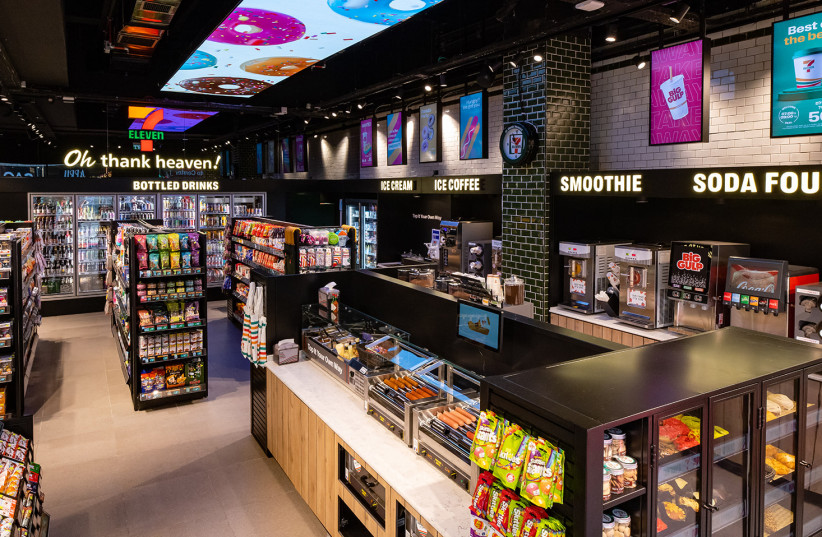A year and two months after its launch, Electra Consumer Products is working to close down its 7-Eleven convenience stores chain in Israel.
According to reports published by Electra last week, the 7-Eleven chain lost NIS 68 million in 2023, including NIS 43m. in operating expenses attributed to the closure of some branches and plans to close more. Overall, this year the chain brought in BIS 17m. and lost NIS 23m., NIS 8.5m. of which was in the fourth quarter.
According to Electra's report, "During the reporting period, the company re-evaluated the business model of operating stores under the 7-Eleven brand. As a result, during the fourth quarter of 2023, the company began considering the possibility of bringing in an investor for operations, in actions working towards significant closure of activities."
Electra was preparing to launch dozens of 7-Eleven branches in Israel over a three year period, but in reality, only 10 stores were opened, two of which have already closed.
Why did 7-Eleven not succeed in Israel?
The 7-Eleven chain was established in 1927 in Dallas, Texas, and is the largest convenience store chain in the world, operating around 83,000 stores in 19 different countries. It is also considered the largest franchise chain in the world in terms of the number of branches.

As part of bringing the chain to Israel and the local audience, the concept of the chain underwent many adjustments to tailor the tastes, needs, and habits of the Israeli consumer.
